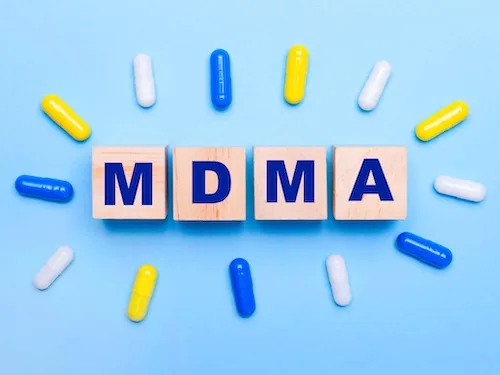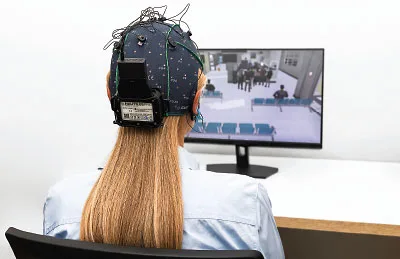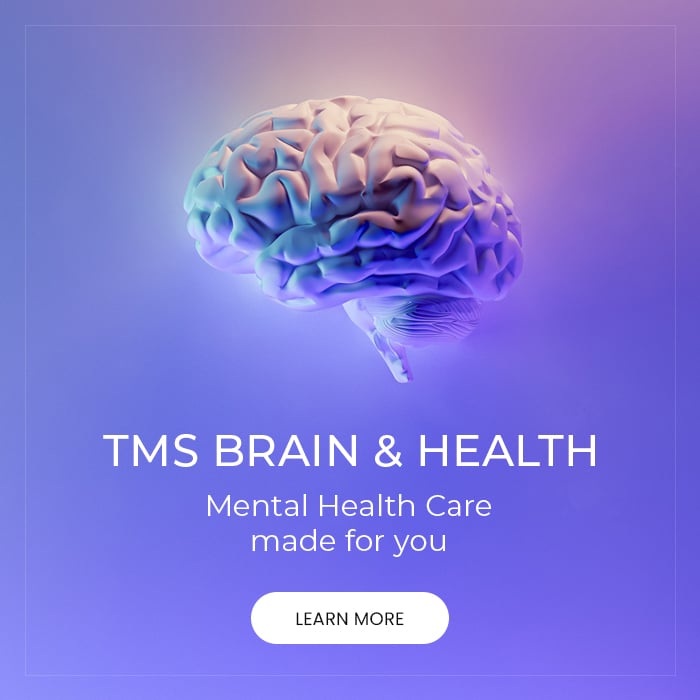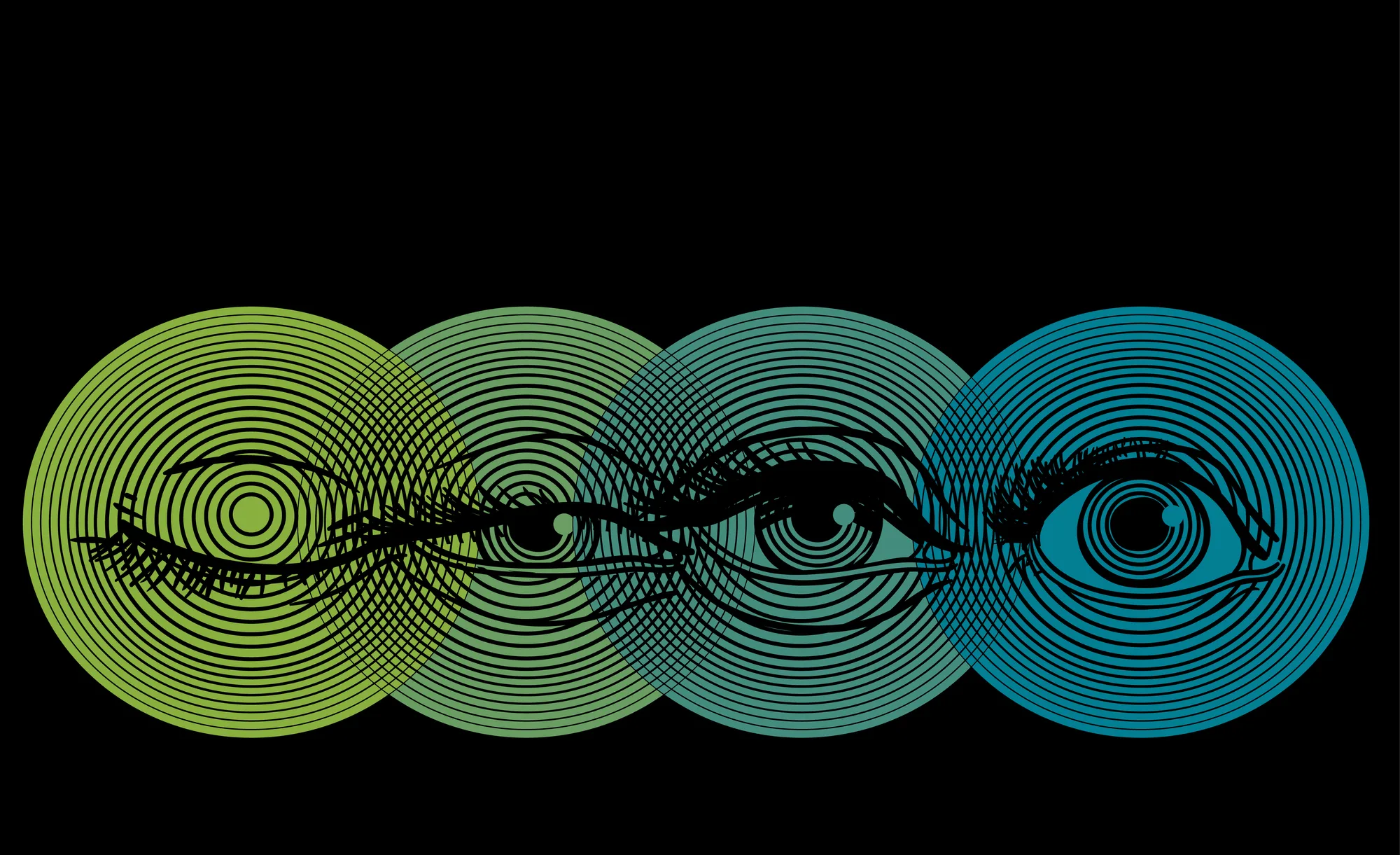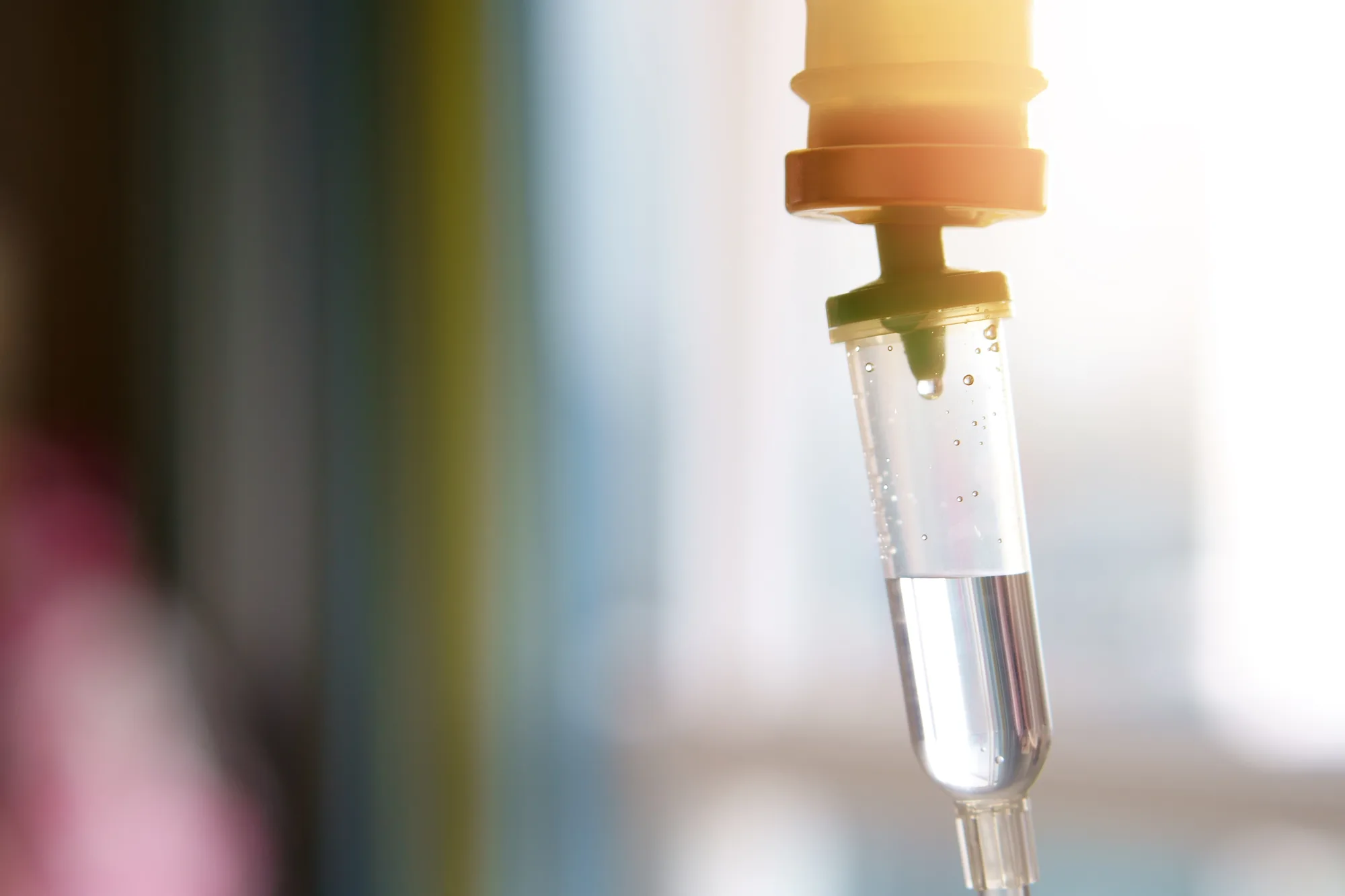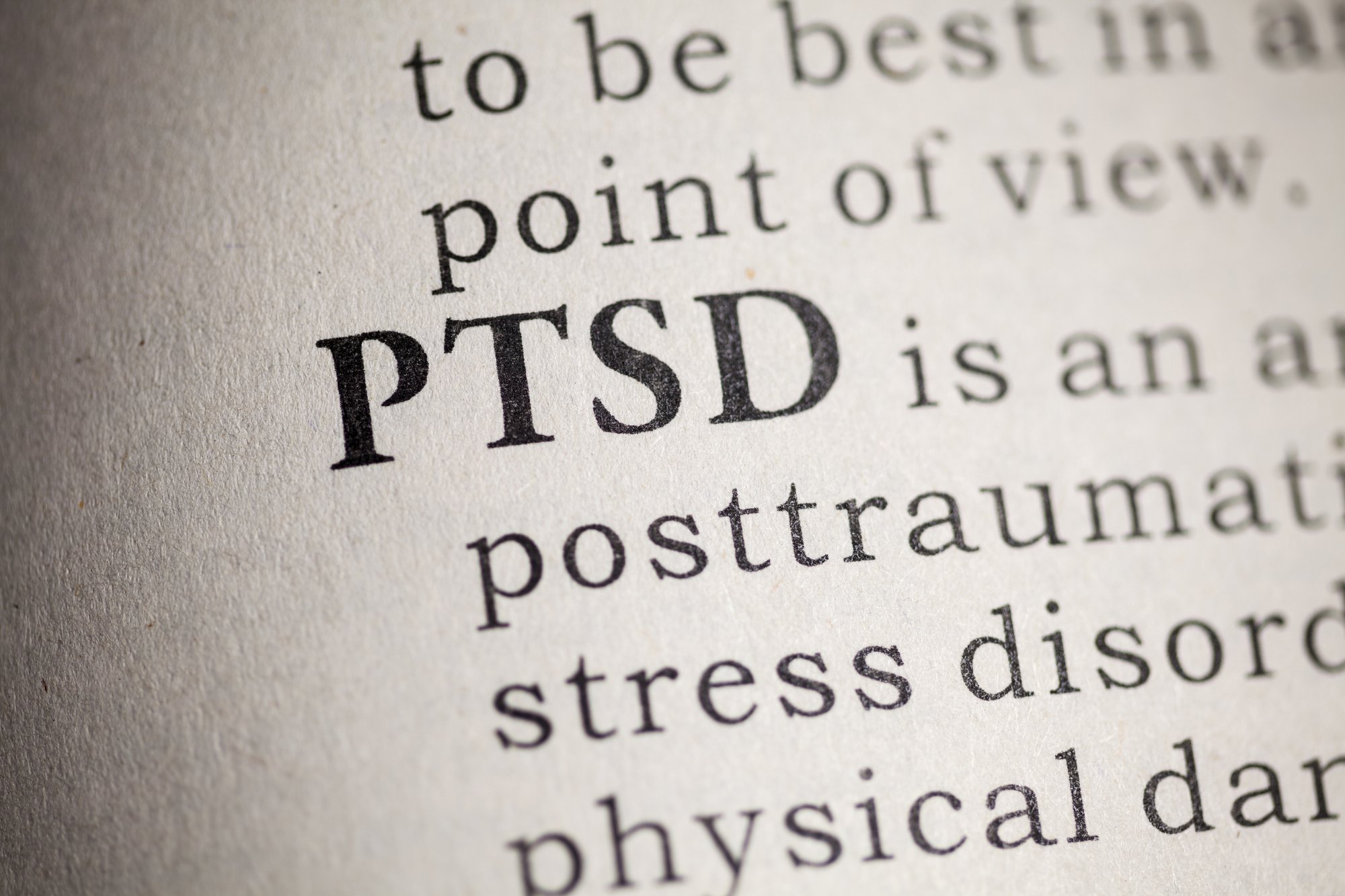Abstract
Many patients with social anxiety disorder (SAD) experience inadequate symptom relief from available treatments. Ketamine is a potent N-methyl-D-aspartate (NMDA) receptor antagonist with a potentially novel mechanism of action for the treatment of anxiety disorders. Therefore, we conducted a double-blind, randomized, placebo-controlled crossover trial in 18 adults with DSM-5 SAD and compared the effects between intravenous ketamine (0.5 mg/kg over 40 min) and placebo (normal saline) on social phobia symptoms. Ketamine and placebo infusions were administered in a random order with a 28-day washout period between infusions. Ratings of anxiety were assessed 3-hours post-infusion and followed for 14 days. We used linear mixed models to assess the impact of ketamine and placebo on anxiety symptoms. Outcomes were blinded ratings on the Liebowitz Social Anxiety Scale (LSAS) and self-reported anxiety on a visual analog scale (VAS-Anxiety). We also used the Wilcoxon signed-rank test to compare the proportion of treatment responders. Based on prior studies, we defined response as a greater than 35% LSAS reduction and 50% VAS-Anxiety reduction. We found ketamine resulted in a significantly greater reduction in anxiety relative to placebo on the LSAS (Time*Treatment: F9,115=2.6, p=0.01) but not the VAS-Anxiety (Time*Treatment: F10,141=0.4, p=0.95). Participants were significantly more likely to exhibit a treatment response after ketamine infusion relative to placebo in the first two weeks following infusion measured on the LSAS (33.33% response ketamine vs 0% response placebo, Wilcoxon signed-rank test z=2.24, p=0.025) and VAS (88.89% response ketamine vs 52.94% response placebo, Wilcoxon signed-rank test z=2.12, p=0.034). In conclusion, this proof-of-concept trial provides initial evidence that ketamine may be effective in reducing anxiety.
Introduction:
Social anxiety disorder (SAD) affects approximately 12% of adult Americans and is defined as a ‘marked and persistent fear of one or more social situations,’causing impairment and distress. SAD (also known as social phobia) typically negatively impacts academic achievement, work productivity, social relationships, and quality of life and is associated with subsequent development of depression, alcoholism, and cardiovascular disease.
Roughly one-third to one-half of patients with SAD do not experience significant clinical benefit from current evidence-based treatment for SAD such as pharmacotherapy with selective serotonin reuptake inhibitors (SSRI) or venlafaxine and cognitive behavioral therapy (CBT).
Inadequate anxiety relief in patients with SAD is a source of substantial morbidity, distress, and decreases in quality of life.
Novel pharmacological treatments are needed to improve outcomes in patients with SAD. Read the complete research article here.


